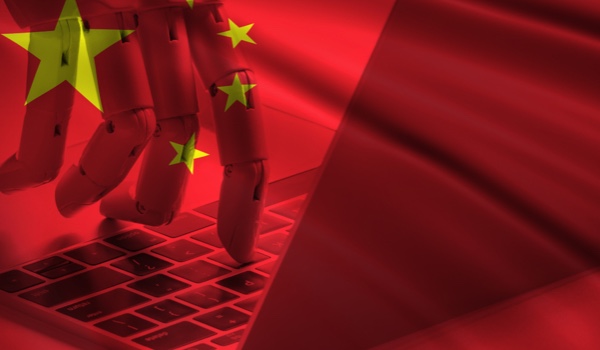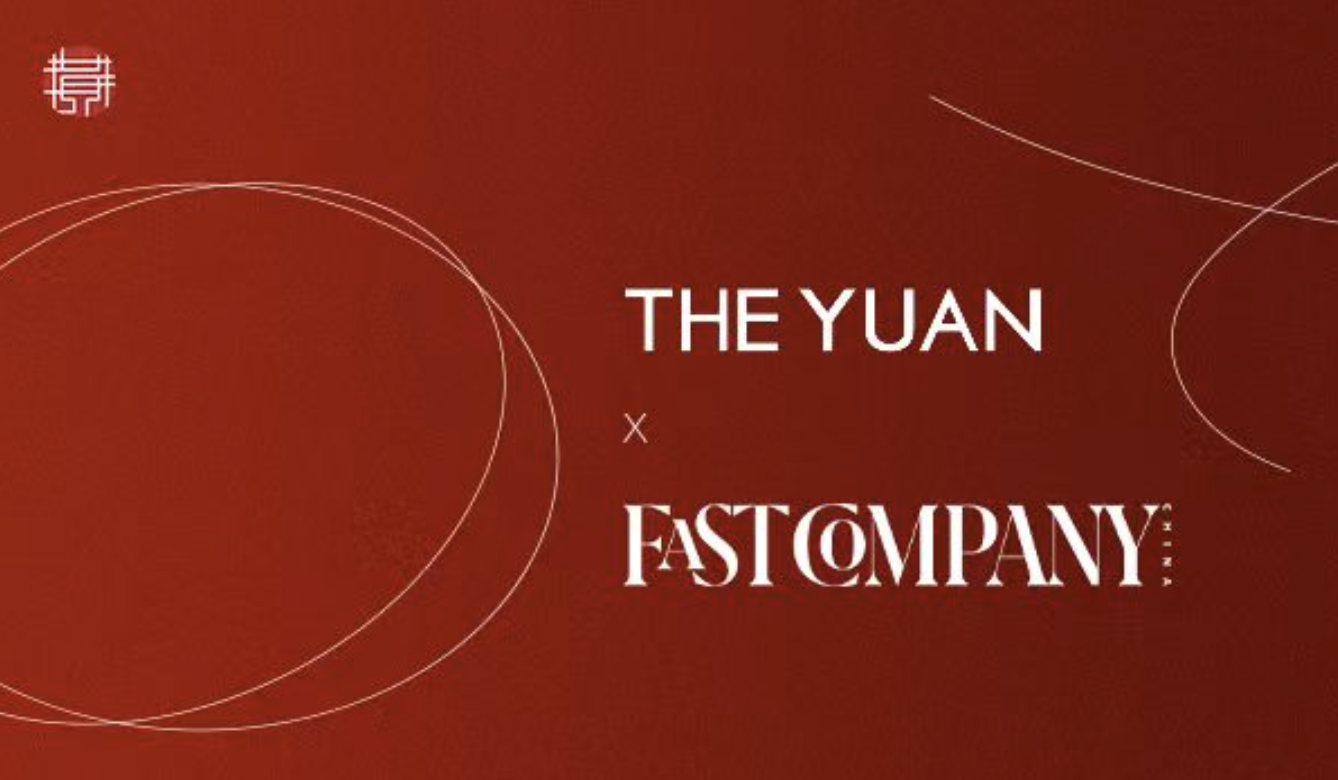


LONDON - China’s cabinet the State Council unveiled an ambitious agenda for the development of its artificial intelligence (AI) sector in 2017, seeking to position the country to become the world's “major AI innovation center” by 2030. The series of policy documents various government departments have issued on that foundation ever since have now consolidated it into the edifice of the nation’s AI governance and support regime.
In its mission to become what Forbes characterized as the “first global superpower for Artificial Intelligence,” the country plans to extrude the disruptive technology into multiple areas of industry, administration, and defense by that year. China now ranks second in the globe in AI after the United States, though it has still to clear a set of high hurdles, such as a dearth of talent, current lack of ability to make advanced AI-compatible microprocessors, and a focus on applications that yield a quick return on investment in preference to the core technology that produces greater long-term gains for higher initial outlays. The government’s rather convoluted blueprint now seeks to vault all of these obstacles.
The serial proclamation of the East Asian colossus’ AI manifesto has spurred the US and European Union to keep ever closer tabs on its AI developments. The country's policy-driven AI push is unfolding against the backdrop of the blueprint for economic initiatives its President Xi Jinping proclaimed in 2013.
“High-end sci-tech is the sharp weapon of modern countries,” Xi told the National Organizational Work Conference on June 28 that year. “Since modern times, one important reason why Western countries have been able to dominate the world is their mastery of high-end science and technology. True core technology cannot be bought. ‘The sharp weapon of the state cannot be shown to others,’ as the saying goes. Only with strong scientific and technological innovation capability can we impro
The content herein is subject to copyright by The Yuan. All rights reserved. The content of the services is owned or licensed to The Yuan. Such content from The Yuan may be shared and reprinted but must clearly identify The Yuan as its original source. Content from a third-party copyright holder identified in the copyright notice contained in such third party’s content appearing in The Yuan must likewise be clearly labeled as such. Continue with Linkedin
Continue with Linkedin
 Continue with Google
Continue with Google








 2132 views
2132 views










2022-05-18